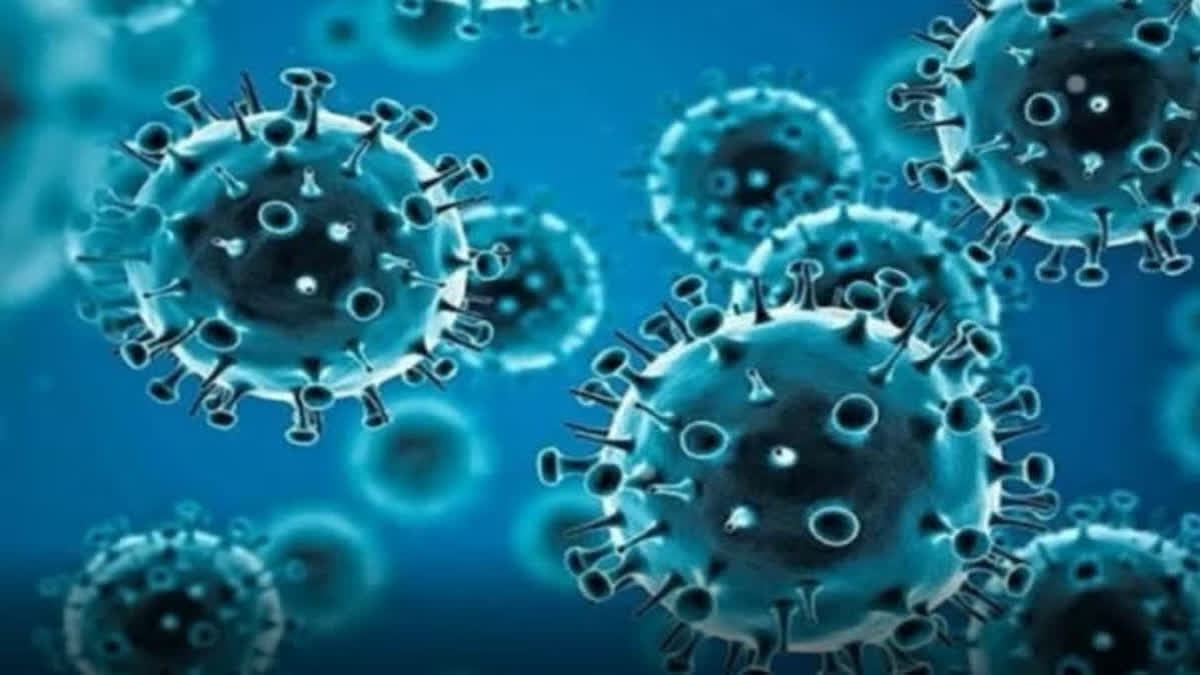New Delhi: Kerala, Karnataka and Tamil Nadu are the top three worst-affected states due to SARS-CoV-2 virus, registering 2341, 92 and 89 active cases respectively, the Health Ministry data has revealed.
In the last 24 hours, Kerala has registered 300 cases, Karnataka 13 and Tamil Nadu 12. The Health Ministry data revealed that 1899 patients in Kerala are under home isolation whereas 107 are admitted in hospitals.
"A total of 13 patients in Kerala are hospitalised with oxygen support, 19 are in ICU beds and 3 are in ventilator support in this state," the official data said. In Karnataka, 6 patients are with ICU support while in Tamil Nadu, all 89 patients have been kept in home isolation.
There is a sudden spurt of active cases in Maharashtra, Goa, Puducherry, Gujarat, Telangana, Punjab, and Delhi. Of the four active cases in Delhi, all are hospitalised out of which two are in ICU support.
The increasing number of Covid-19 cases has raised the eyebrows of health experts following the emergence of a new SARS-CoV-2 variant JN.1. The Union Health Ministry, however, has ruled out any cause of immediate concern.
“This is not a cause of concern. We just need to be cautious,” said Union Health Minister Mansukh Mandaviya. Reiterating that there is no need to panic, Mandaviya said, "Central government is closely monitoring the situation and all the states are given suggestions and advices whenever required."
He said that the Centre is always ready to help whenever required and suggested that all the States and UTs should check their health infrastructure on a regular basis. On Wednesday, Mandaviya during a meeting with the health ministers and administrators of States and UTs stressed the need for collective efforts between the Centre and the States.
Presently, 21 cases of JN.1 variant have been detected across India including 19 in Goa, one each in Maharashtra and Kerala.
Mandaviya further directed to strengthen the surveillance system for whole genome sequencing of positive case samples to track the variants through the Indian SARS-CoV-2 Genomics Consortium (INSACOG) network to ensure timely detection of newer variants circulating in the country.
"There is no need to panic as preliminary findings indicate that symptoms are not more severe than previous variants. However, further studies are required to study the transmissibility and severity of infection," said Dr Manali Agarwal, president, Association of Indian Medicos. She said that standard precautions need to be followed including social distancing and hand hygiene.
"Those with weak immunity, pregnant women, children, elderly patients, those with pre-existing co-morbidity or pre-existing respiratory tract infection need to take special precautions," said Dr Agarwal who is also a senior Resident at AIIMS.
Read on:



